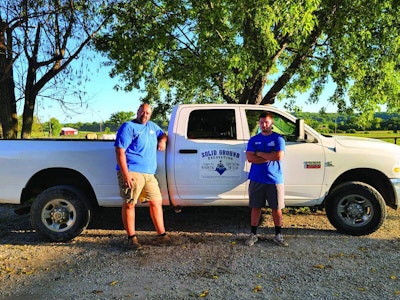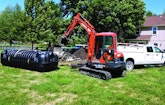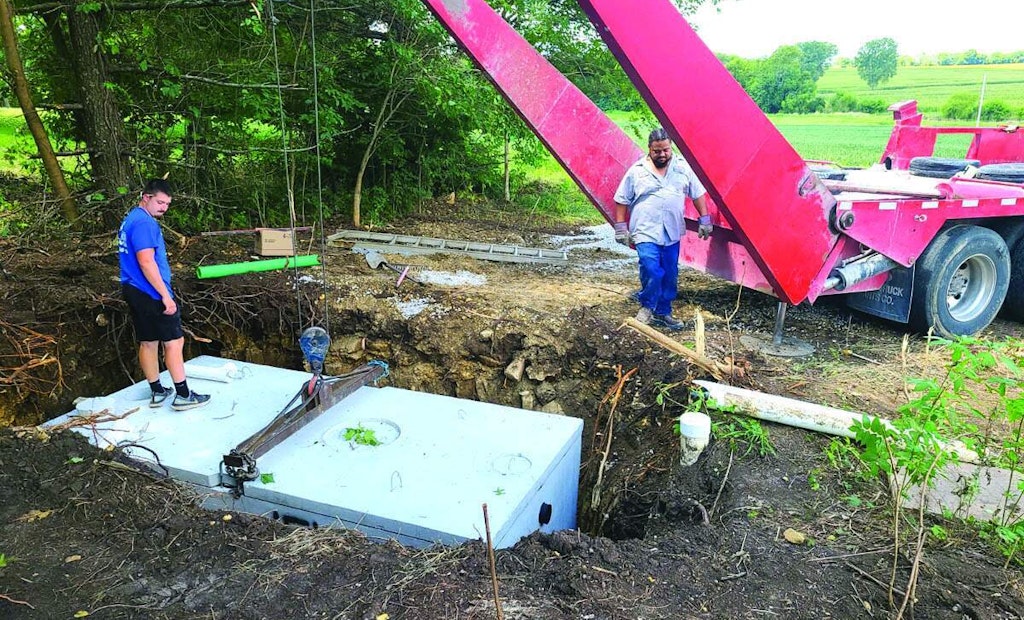Name and title or job description: Clint McCammon, owner-operator
Business name and location: Solid Ground Excavating, LLC, La Cygne, Kansas
Services we offer: I’m a licensed installer in four counties in Kansas and I’m an advanced system installer in Missouri. Most of...








